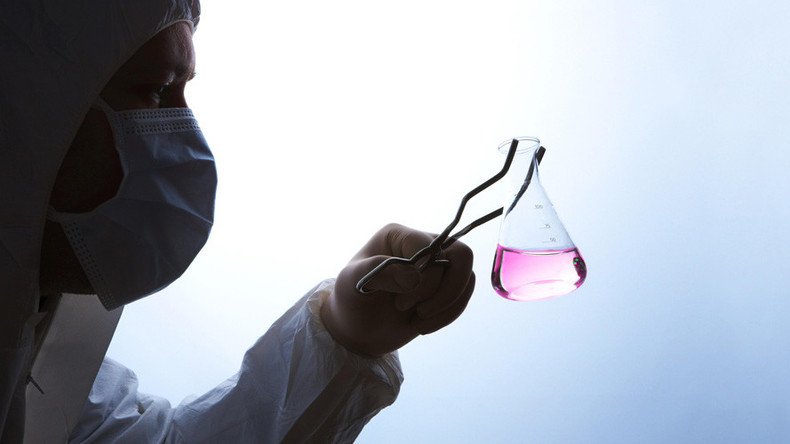Brain chemical could be key to blocking unwelcome thoughts – study

Scientists have pinpointed the chemical in the brain that suppresses intrusive thoughts – a discovery that could shed light on a number of psychological conditions where the inability to control thoughts is a key symptom.
Schizophrenia, Post Traumatic Stress Disorder (PTSD), Obsessive Compulsive Disorder, anxiety, and depression are all marked by persistent intrusive thought patterns.
A new study from scientists at the University of Cambridge published in Nature helps explain why these unwanted thoughts ruminate, and offers hope for new treatment methods. The researchers found that a chemical within the ‘memory’ region of the brain – the GABA neurotransmitter – was key to inhibiting thoughts.
Scientists have identified a key chemical in the brain's memory region that helps us suppress unwanted thoughts. https://t.co/a1RE0yFFPopic.twitter.com/DTmPfCVrpU
— Cambridge University (@Cambridge_Uni) November 3, 2017
GABA is the brain’s main ‘inhibitory’ neurotransmitter, and its release by one nerve cell can suppress activity in connected cells. The team found that GABA concentrations within the hippocampus predict people’s ability to block the retrieval process and prevent thoughts and memories from returning.
“What’s exciting about this is that now we’re getting very specific,” study author Professor Michael Anderson said. “Before, we could only say ‘this part of the brain acts on that part’, but now we can say which neurotransmitters are likely important – and as a result, infer the role of inhibitory neurons – in enabling us to stop unwanted thoughts.”
#MDMA could be used to treat PTSD in war veterans – study https://t.co/9SOJwsD5PC
— RT America (@RT_America) August 27, 2017
The study’s participants were asked to associate a series of words with a paired, but otherwise unconnected, word. They were later asked to recall the associated word if the cue was green or to suppress it if the cue was red.
Researchers used a combination of brain scanning methods to observe what was happening within key regions of the organ as participants tried to inhibit their thoughts. Both brain chemistry and brain activity were measured during the process.
The results showed that even among a sample of healthy young adults, those with less hippocampal GABA were worse at inhibiting unwanted thoughts. Anderson believes the findings could offer a new approach to tackling intrusive thoughts in debilitating psychological disorders.
READ MORE: Like mice, humans might soon have their brains controlled externally
“Most of the focus has been on improving functioning of the prefrontal cortex, but our study suggests that if you could improve GABA activity within the hippocampus, this may help people to stop unwanted and intrusive thoughts.”












